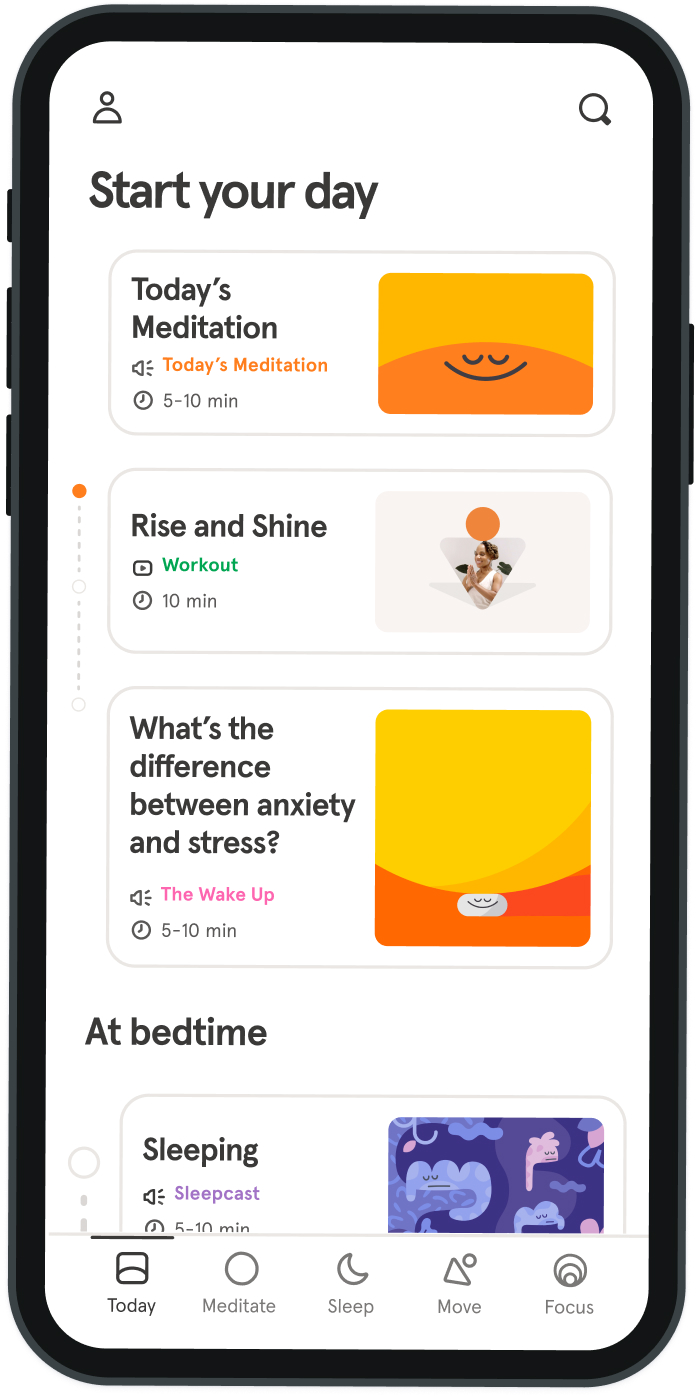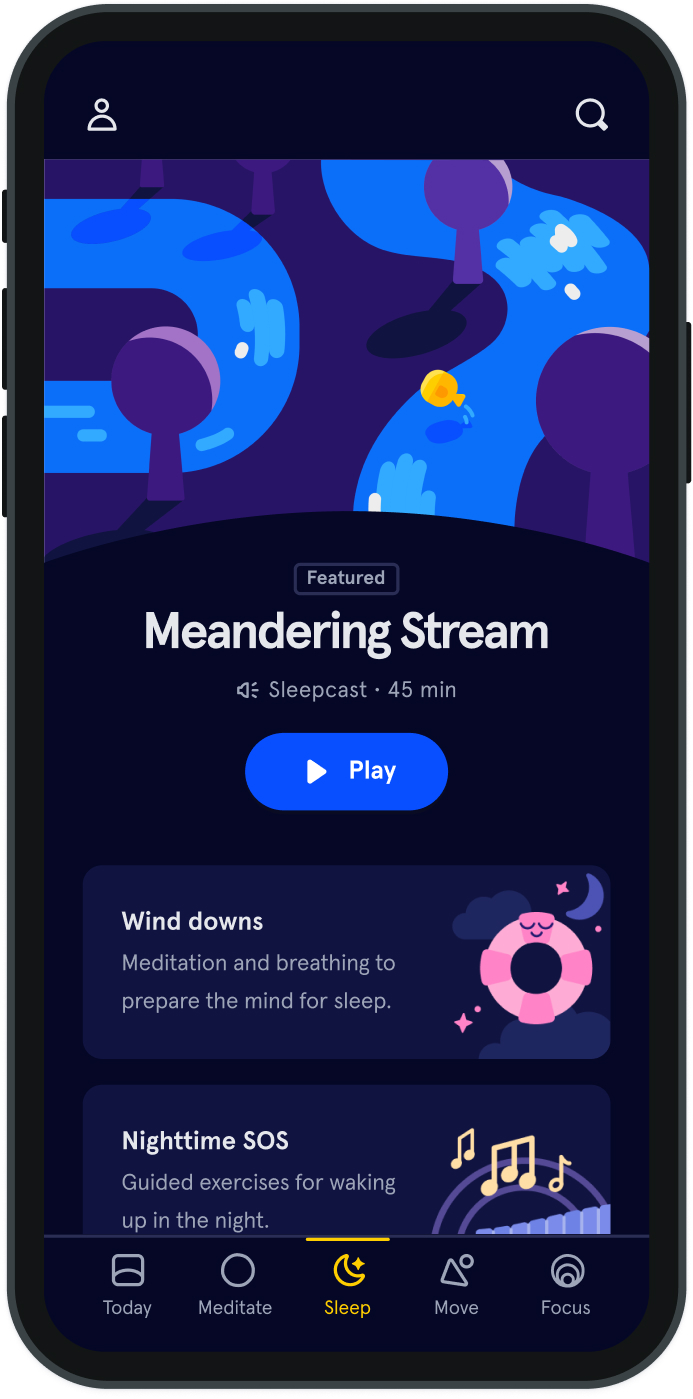Bad mood? This simple trick might snap you out of it.
A few weeks back, a friend and I prepared for an interview to join a network of entrepreneurs and we were eager to perform well. Extremely well.
Just before the phone interview, my friend started lifting weights. Responding to my surprised expression, she explained that getting active just before an interview helps her feel confident. It led us to a spontaneous burst of power poses. After the interview was over, I began to wonder how much our body posturing affected our performance and anxieties. So I did some digging. In 2010, a controversial study published by researchers at Columbia and Harvard subverted the field of social psychology and later inspired the second most popular TED Talk of all time. The study introduced the concept of power posing: whether body positions that are both expansive and open can embody (and convey) power (think Wonder Woman) as contrasted with low-power postures, which are typically more contracted and closed in nature (think Eeyore).
Researchers claimed that as opposed to individuals who adopted low power poses, “high-power posers experienced elevations in testosterone, decreases in cortisol, and increased feelings of power and tolerance for risk.” Just by holding an expansive pose for two minutes, the authors hypothesized that individuals, especially those who feel chronically powerless, could “instantly become more powerful” in the perceived and real world. Sounds impressive, right? If you’re questioning the validity of these results, you’re not alone. The study sparked a flurry of scientific research trying to replicate these results. The most cited counter-study matched the original study design on nearly all measures except they quadrupled the sample size, effectively increasing the credibility of the findings. These researchers found no correlation of power posing on changing risk-taking behaviors, increasing testosterone levels, or reducing stress-related cortisol levels. More recently, another academic journal devoted an entire issue to the topic. Editors summarized the results stating that due to a lack of scientific evidence “researchers should stop recommending power poses as an empirically supported strategy for improving one’s life.”
Surprisingly, there was one finding that all the studies did report: active posturing significantly increased self-reported feelings of power. It seems that while power postures don’t affect external markers of dominance, like taking risks, they can have an effect on how people feel about themselves. This made me wonder if this could be relevant in daily life, especially when navigating mood regulation or grappling with depression and anxiety. In 2012, researchers from the U.S. and Germany studied 128 college students to determine how body postures affected self-perception. In contrast to study participants who adopted a contracted stance, researchers found that participants who adopted an expanded posture were statistically more likely to demonstrate something called psychological flexibility. This is described as an individual’s ability to identify and respond to changing situational demands while maintaining fidelity to personal values. Researchers explain this flexibility as “being aware of thoughts and feelings that unfold in the present moment without needless defense, and depending on what the situation affords, persisting or changing behavior to pursue central interests and goals.”
Sound a lot like mindfulness meditation? It’s not dissimilar. For those who experience worry, depression, anxiety, or even a relative inability to rebound from stressful events, developing psychological flexibility, whether through active posturing, practicing meditation (or both), can be key to breaking cyclical thoughts and fixed behaviors. A growing field of research has emerged identifying posture as a metaphorical finger-snap for certain mood disorders. This may be experienced when straightening the spine if slouched or developing a practice of sitting upright during meditation. Recently, researchers in Amsterdam found that as compared to participants seated in natural and upright positions, individuals adopting a stooped sitting posture were less able to recover from a negative mood. If an individual was in a neutral emotional state, slumping postures further induced negative moods. This research has been echoed with surprising consistency. In 2016, a study from New Zealand found that participants who sit upright, speak significantly more and express themselves more openly than participants assigned to natural posture groups. A 2015 study published in Health Psychology found that holding an upright seated posture during a stressful situation can allow an individual to maintain their self-esteem, reduce negative moods and increase the rate of speech, cumulatively making an individual more resilient to stress.
The research is persuasive. While power posing like a starfish may not help those looking for a quick way to embody power, adopting upright postures, especially while seated, can directly affect our mindscape—helping us process a difficult situation more effectively, express ourselves more articulately, and handle stress more resiliently. With repetition, it may even help build the kind of psychological flexibility that can help moderate the effects of depression and anxiety. Notably, these upright body postures seem to be most effective at mood regulation and stress resiliency, not at delivering power to those who feel powerless. Using active body postures are not going to make anyone a Fortune 500 CEO overnight. But when used correctly, they may pull us out of a rough day and help us rebound from a tough conversation. Remember the interview I mentioned earlier? We were accepted! Looking back, our active posturing may have helped us lock into focus and avoid feeling consumed by the acute anxiety that kicked in just before the interview. As for actually determining the success of our responses to the panel, nothing beats preparation and practice.
These researchers found no correlation of power posing on changing risk-taking behaviors.
Danit Kaya
Individuals adopting a stooped sitting posture were less able to recover from a negative mood.
Danit Kaya
Individuals adopting a stooped sitting posture were less able to recover from a negative mood.
Danit Kaya


Be kind to your mind
- Access the full library of 500+ meditations on everything from stress, to resilience, to compassion
- Put your mind to bed with sleep sounds, music, and wind-down exercises
- Make mindfulness a part of your daily routine with tension-releasing workouts, relaxing yoga, Focus music playlists, and more
Meditation and mindfulness for any mind, any mood, any goal

Stay in the loop
Be the first to get updates on our latest content, special offers, and new features.
By signing up, you’re agreeing to receive marketing emails from Headspace. You can unsubscribe at any time. For more details, check out our Privacy Policy.
- © 2025 Headspace Inc.
- Terms & conditions
- Privacy policy
- Consumer Health Data
- Your privacy choices
- CA Privacy Notice
